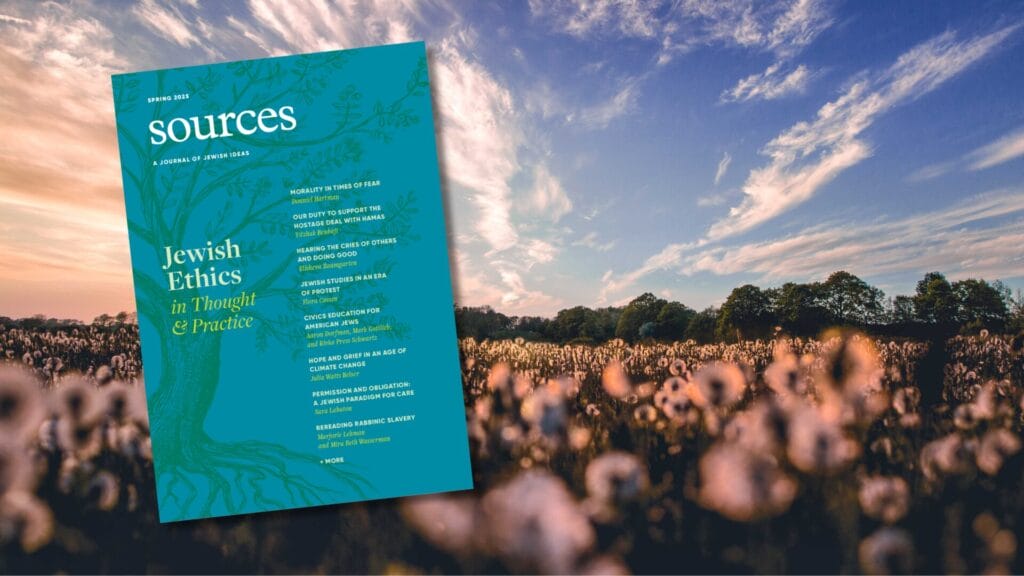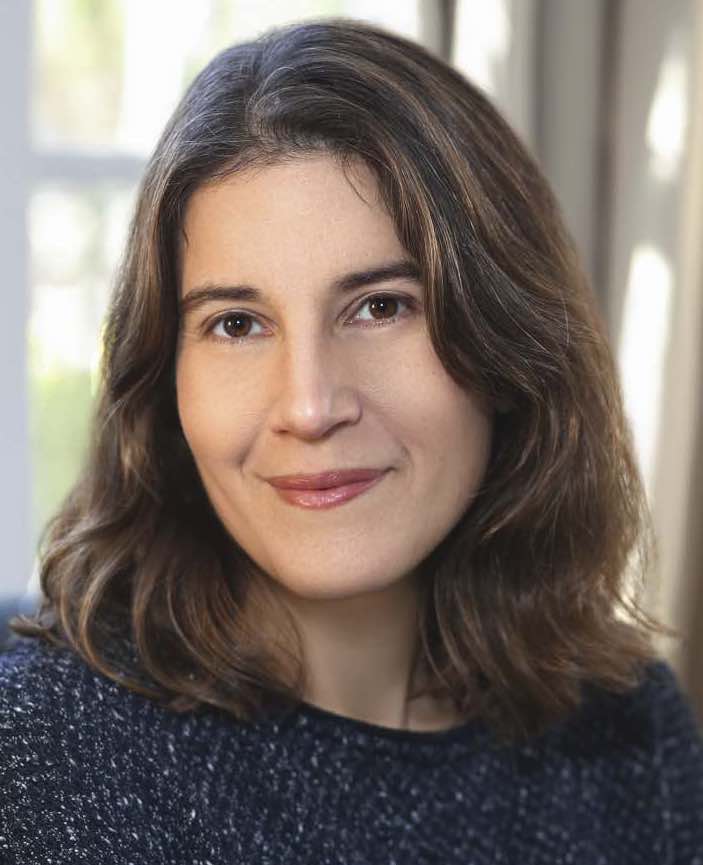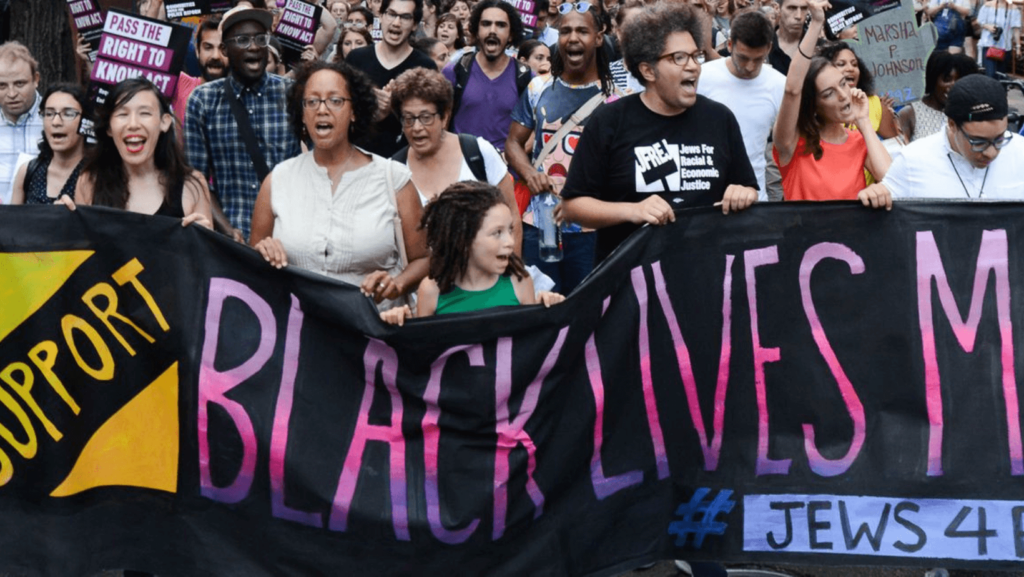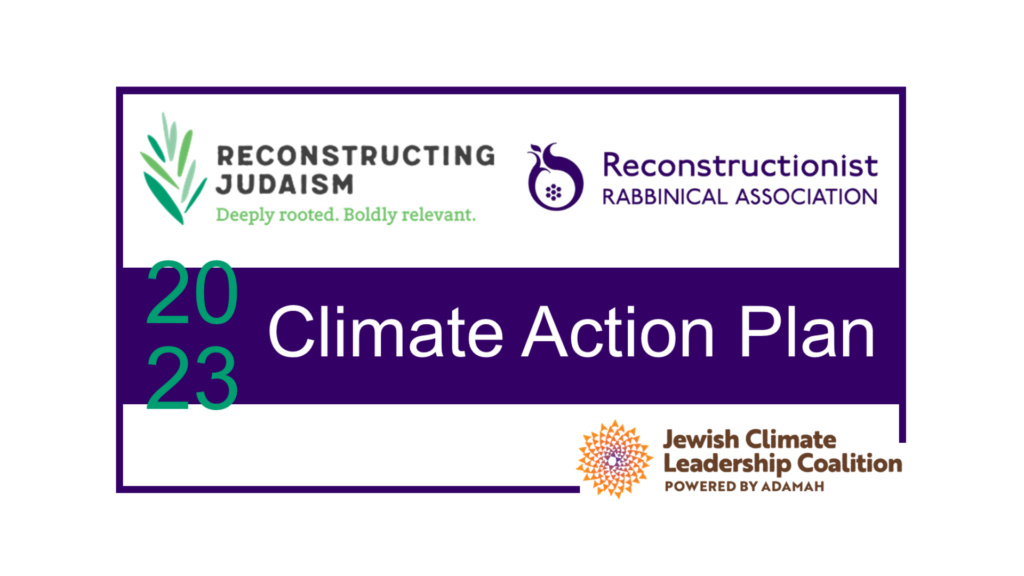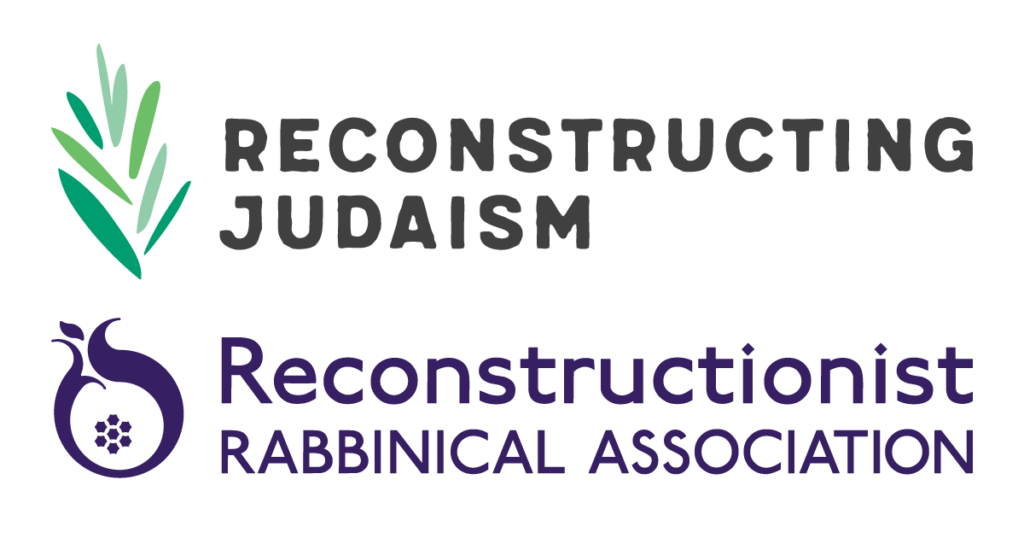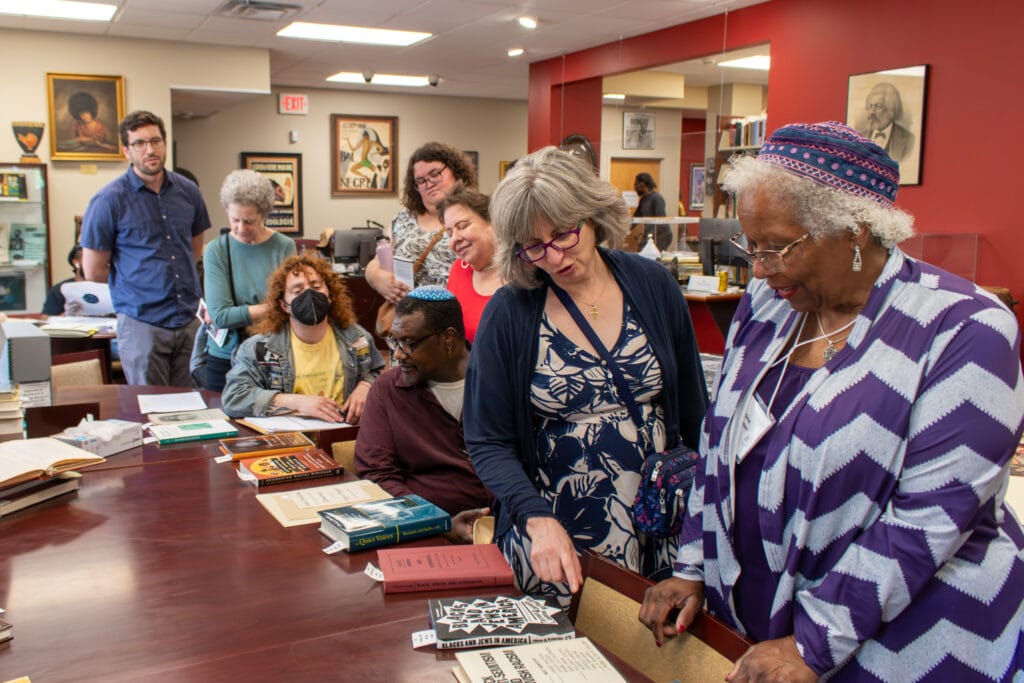
Living Its Values, the Reconstructionist Rabbinical College Reckons With Its Own History
The Reconstructionist Rabbinical College is bringing a racial justice lens to the story of its nearly 60-year history, especially when it comes to the context surrounding its 1982 move from North Philadelphia to a nearby suburb.

